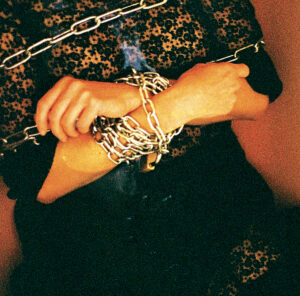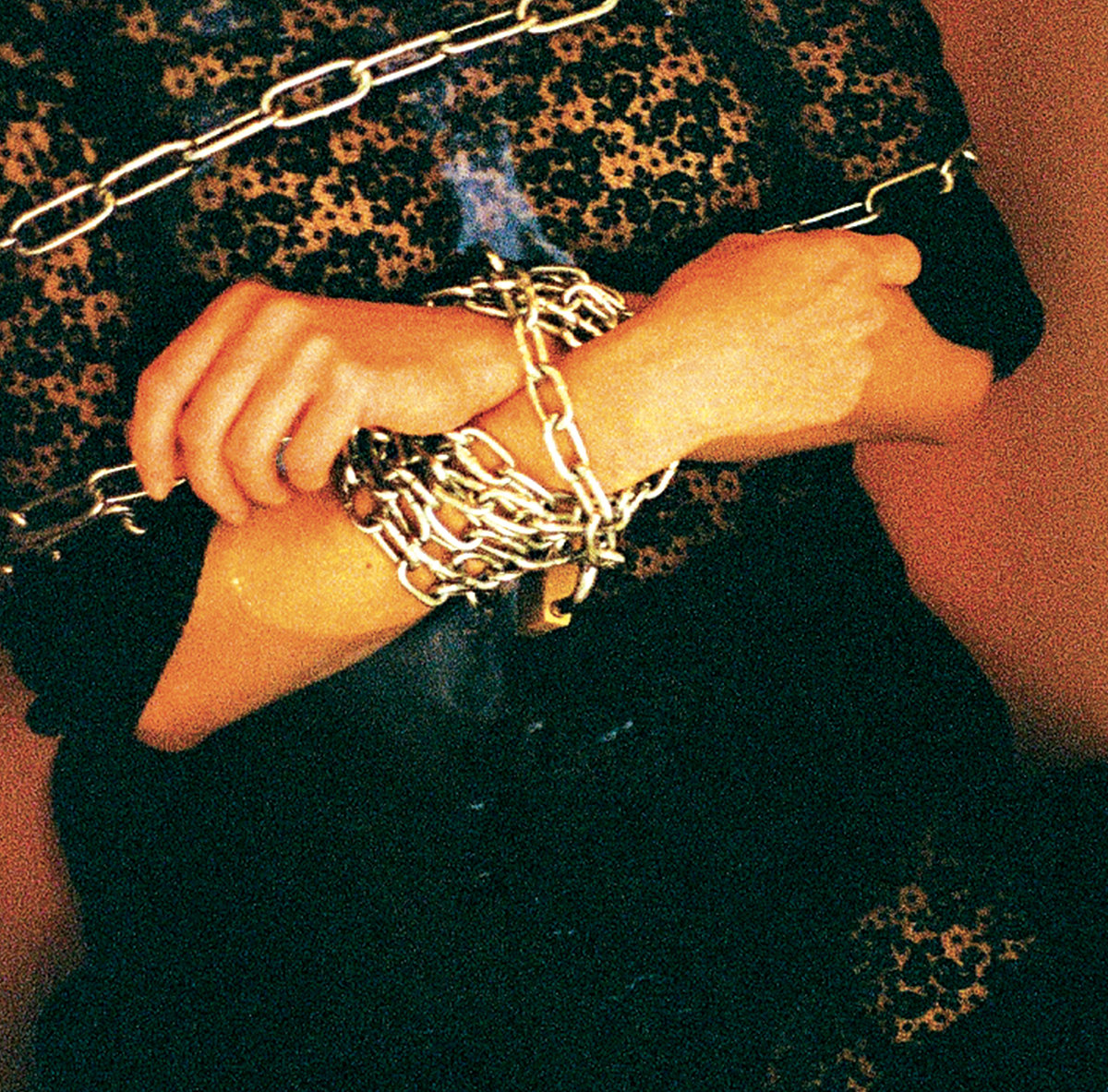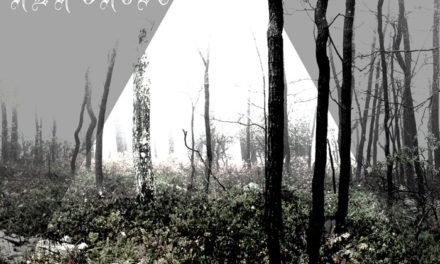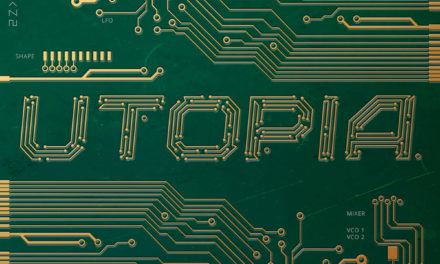
Crush Of Souls
Lézire
Avant! Records
Post-hardcore refugee Charles Rowell, previously of outfits ranging from The Plot To Blow Up The Eiffel Tower to Crocodiles, traded New York for Paris a few years back and was soon releasing work under the Crush Of Souls handle. Showing off an interest in classic synthpop and darkwave (and a healthy splash of saxgoth), Crush Of Souls’ second LP carries on with the mission of preceding release (A)Void Love in its testing of those styles to varying results.
Much ofLézire aims at a general middle ground between Crush Of Souls’ influences, and does a reasonable job thereof. Fragments of easy going new wave like lead single “Cult Of Two” coast by on bounce and affability, though its hooks and chorus never really elevate things beyond the interplay between rubbery synth bass and chiming pads. “Touch From A Heartbeat” similarly adorns its core beat with some crystalline ambience that’s certainly pretty enough, but doesn’t move the needle in a marketplace rife with Drab Majesty imitation.
The more rewarding moments on the record are ones which are perhaps more understated, but stake out positions rarely taken in today’s general post-punk landscape. Take a listen to the hushed, dramatic acoustic strum which threads through the atmospheric “Souls Apart”, with Rowell’s hushed vocal perfectly underscoring the drama. Sitting smack between any number of classic Echo and Mission singles, it’s the sort of move it’s hard to imagine many recent acts opting for, let alone pulling off. Not all of these forays pay dividends – the robotic reprogramming of a mid-period Simple Minds template on “The Pure Weapon” starts promisingly but hits diminishing returns – but they’re still distinct. The less-is-more neofolk of “You Rose Up” has just enough lilt and restraint to work, with veteran Harry Howard (These Immortal Souls, Crime & The City Solution) on tap for vocals.
Lézire isn’t a masterpiece, far from it. A number of tracks never really coalesce into anything memorable beyond their run time, and some of the leering excess common to Rowell’s original milieu (there’s a track named “Call Your Dealer” for god’s sake) can be off-putting. But, if you find yourself let down from time to time by the conservatism of a large number of current bands tapping into the mid-80s vein, you’ll find charm in some of Lézire‘s left-field manoeuvres.





